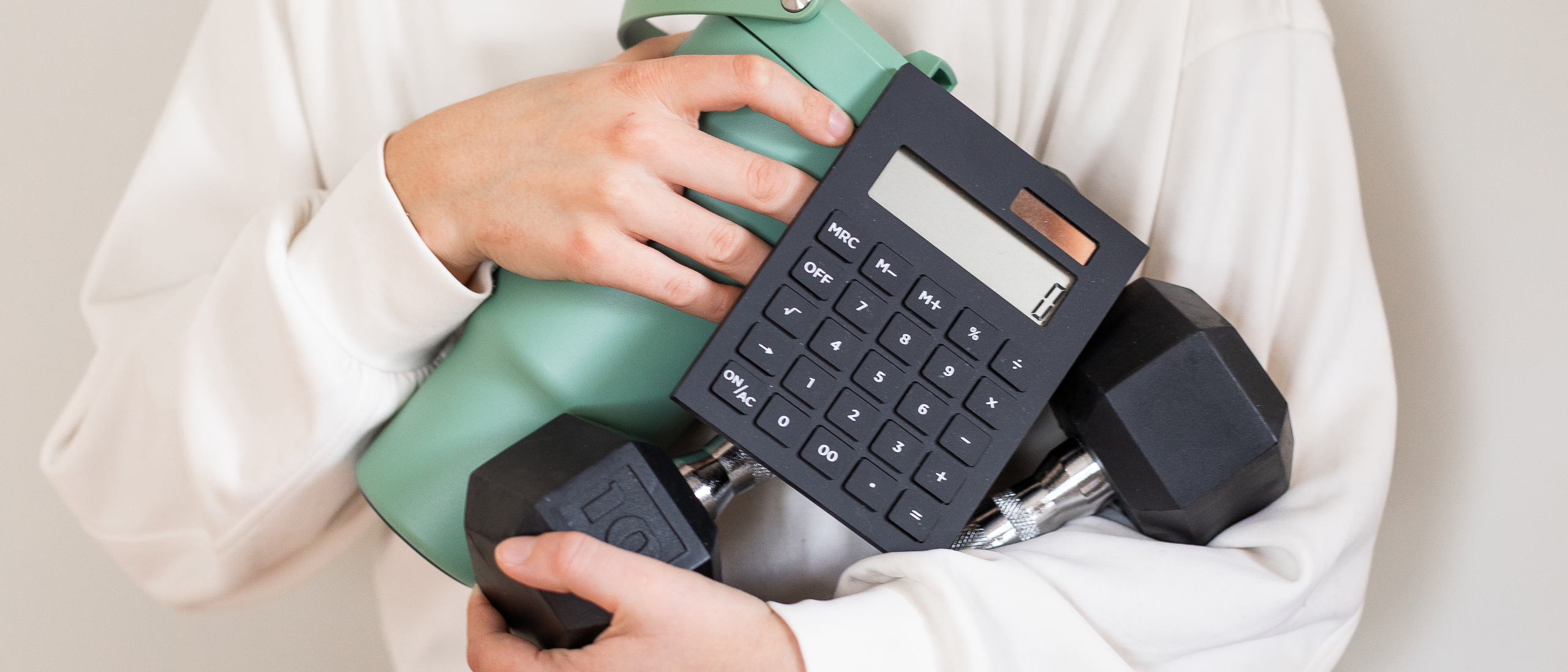Whether or not your business must collect and remit state sales tax is directly tied to where your business “lives” and where you’re selling your products or services.
What makes state sales tax ridiculously confusing is that states are allowed to come up with their own rules. This means that the sales tax rate varies by state. It also means that some states have local sales tax and state sales tax, and in some cases, you’re required to charge both of those. Additionally, there are currently four states that don’t collect sales tax at all!
On top of all that, there are several different factors that states can use to determine when sales tax must be collected:
- Destination-based sales tax: In states with this arrangement, you’ll charge sales tax based on the final destination or shipping address where your product is sold.
- Origin-based sales tax: In states with this setup, the physical location of your business determines the sales tax amount that is charged.
- Hybrid sales tax: In states with a hybrid system (currently just California), the amount charged is based on both the origin location and the final destination of the product.
- Nexus-based sales tax: Depending on how much business you do in another state, you may have what’s called “sales tax nexus” in that state. This means that you’ll charge and remit sales tax to that state even if you don’t have a physical business address there.
You’ll need to do some investigating to make sure you understand the requirements for sales tax in your state. You should be able to find the information you need on your state’s government website, but you may have to call if you have specific questions. It’s also a good idea to contact a CPA if you need nuanced answers or a sales tax game plan tailored to your particular business.
If your state does require you to collect and pay sales tax to them, then you’ll need to register for a sales tax ID number. Typically this process is simple and can be completed online.
What’s an employer identification number (EIN)?
An employer identification number is another kind of tax ID number. However, an EIN is issued by the federal government rather than the state. You’ll need to apply for an EIN to do any of the following:
- Pay federal taxes for your business
- Hire employees
- Open a business bank account
- Apply for business licenses and permits
Luckily, it’s free and easy to register for an EIN online. Additionally, an EIN never expires and it’s not considered sensitive information, so you can freely provide it to banks or on documents needed to do business without security concerns.
How do I know which tax ID number I need to provide?
Because people and forms can sometimes refer to both a state sales tax ID and an EIN as a “tax ID,” which can obviously cause confusion. So how do you know which one to provide?
Well, you can usually figure out which one is needed by thinking about the purpose of the form or why the person needs the information. If it has anything to do with sales tax, then they’re most likely looking for your state sales tax ID. If the topic is federal income taxes or general business information, then they’re likely requesting your business’ EIN. However, if you’re not sure, just ask which one is needed.
Do I need a tax ID number?
No matter if you’re asking whether you need a federal employer identification number (EIN) or a state sales tax ID number, the short answer is yes, you need them. These numbers are the building blocks of your business’ legal and financial infrastructure.
Remember that an EIN allows you to separate your personal and business finances, which is important for legal and tax purposes. Plus, it’s required when you’re hiring employees.
Depending on where you’ll be doing business, a sales tax ID is also a must to make sure you’re collecting and remitting the appropriate sales tax amount.
While these tax ID numbers serve different purposes, they’re equally important for keeping your business in compliance with tax laws and avoiding any surprise tax bills or fines down the road.
Where can I get help figuring out taxes for my small business?
I’ve created a course for entrepreneurs just like you, and I’d love for you to start your business journey with me! The Know Your Worth® course includes videos, downloadable guides, and access to a Certified Public Accountant to make sure you don’t miss any important steps in setting up your business finances.
I’ve also devoted a lot of time to writing free blog posts for small business owners like you. Here are some of my favorites for new entrepreneurs:




